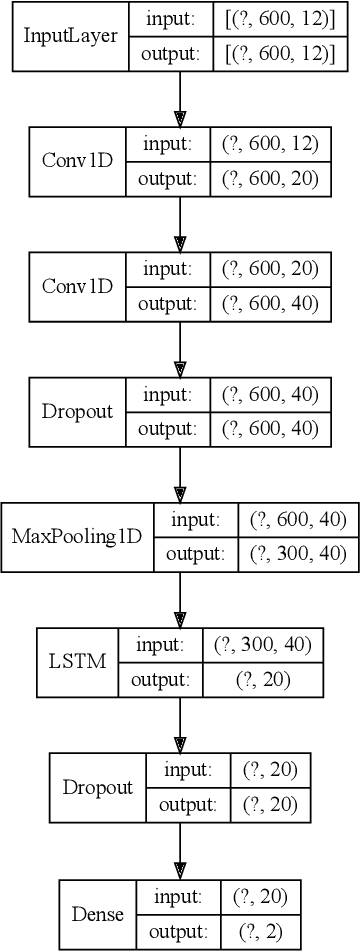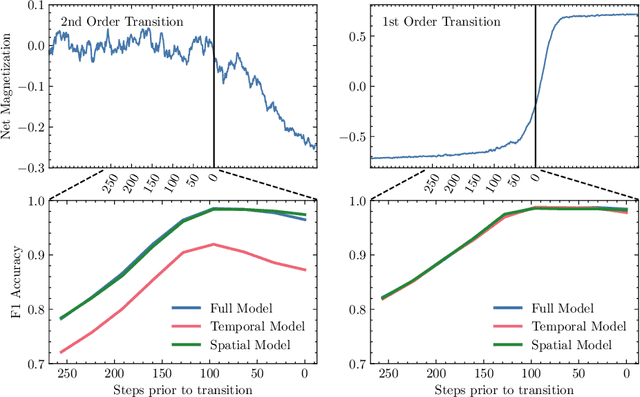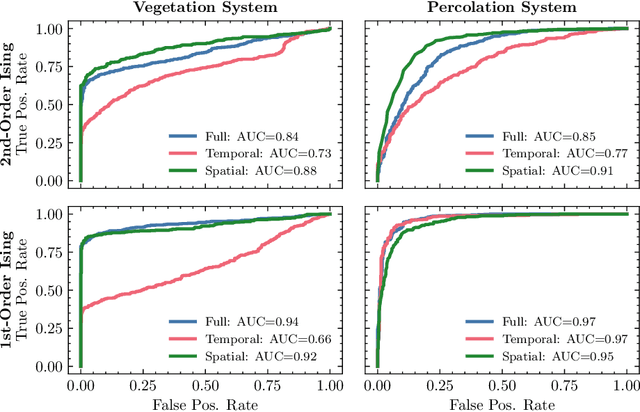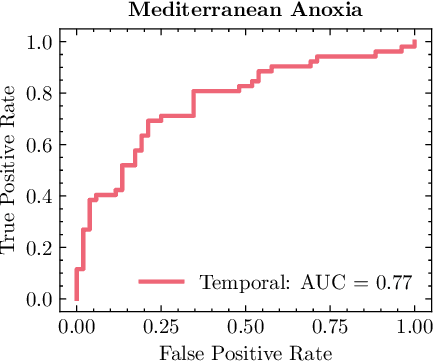Timothy M. Lenton
Universal Early Warning Signals of Phase Transitions in Climate Systems
May 31, 2022



Abstract:The potential for complex systems to exhibit tipping points in which an equilibrium state undergoes a sudden and potentially irreversible shift is well established, but prediction of these events using standard forecast modeling techniques is quite difficult. This has led to the development of an alternative suite of methods that seek to identify signatures of critical phenomena in data, which are expected to occur in advance of many classes of dynamical bifurcation. Crucially, the manifestations of these critical phenomena are generic across a variety of systems, meaning that data-intensive deep learning methods can be trained on (abundant) synthetic data and plausibly prove effective when transferred to (more limited) empirical data sets. This paper provides a proof of concept for this approach as applied to lattice phase transitions: a deep neural network trained exclusively on 2D Ising model phase transitions is tested on a number of real and simulated climate systems with considerable success. Its accuracy frequently surpasses that of conventional statistical indicators, with performance shown to be consistently improved by the inclusion of spatial indicators. Tools such as this may offer valuable insight into climate tipping events, as remote sensing measurements provide increasingly abundant data on complex geospatially-resolved Earth systems.
 Add to Chrome
Add to Chrome Add to Firefox
Add to Firefox Add to Edge
Add to Edge